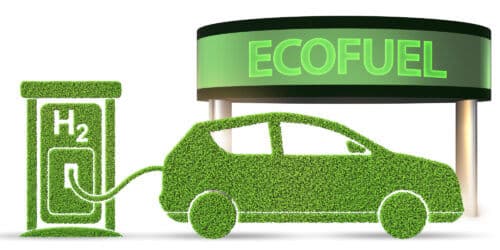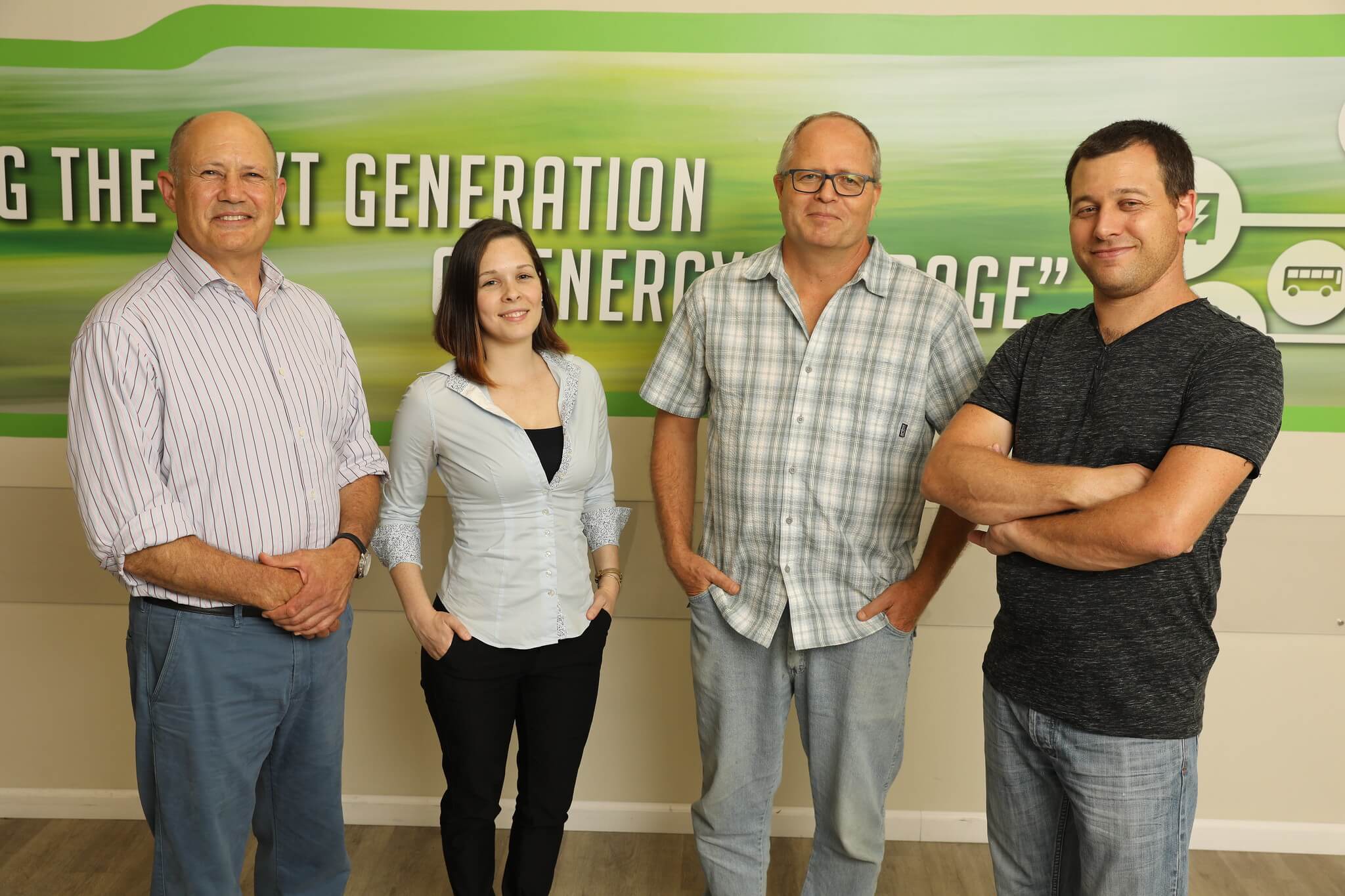The Israeli start-up company H2PRO won the title of "Best Company" in the international competition New Energy Challenge of the energy giant SHELL and also the title of crowd favorite. The company, which was founded based on technology developed at the Technion, produces hydrogen in an efficient, cheap and safe way

The startup company H2 PRO, which develops innovative technology for the production of hydrogen using green energy, was awarded the title of "Best Company Designed for Scale Up" in the international competition New Energy Challenge of the energy giant SHELL. The company, which was founded based on research by Prof. Gideon Gerder From the Faculty of Chemical Engineering named after Wolfson VProf. Avner Rothschild from the Faculty ofScience and engineering of materials, develops technology for the right production in an efficient, cheap and safe way. The company predicts that even before the end of the current decade, the new technology is expected to provide hydrogen at a price lower than a dollar per kilogram.
Green hydrogen is an alternative fuel to coal, oil and natural gas, and has a critical role in the fight against global warming. The use of hydrogen will reduce pollutant emissions from the various sources of pollution: transportation, production of materials and chemicals, heating and electricity generation. One of the brakes on the way to widespread use of hydrogen produced from renewable energies is the technological challenge - the production of hydrogen efficiently, cheaply and safely. In the existing production methods based on water decomposition (electrolysis), hydrogen and oxygen are simultaneously produced in close proximity to each other - a dangerous situation that requires a membrane that separates them. The use of a membrane significantly increases the cost of the system and its operation. This is where the innovative technology that has won you comes in H2 PRO in competition
H2PRO was founded in 2019 by Technion researchers Prof. Gideon Gerder (chemical engineering), Prof. Abner Rothschild וDr. Chen Dotan (Materials Science and Engineering), who joined the founders of the Viber company led by the entrepreneur Telmon Marco. The company received an exclusive license to commercialize the technology from3T, the commercialization unit of the Technion Institution, has so far raised capital from the companies Hyundai, Sumitomo and Zen, from foundations and private investors. The research that led to the establishment of H2PRO is supported by the Nancy and Steven Grand Energy Program at the Technion (GTEP), Ed Suttle contribution, Edlis Foundation, Ministry of Energy and European Commission (EU 2020 Framework Programme). The study was carried out with Dr. Abigail Landman, who was a joint student of Professors Rothschild and Gerder. The technology developed by Technion researchers and H2PRO eliminates the membrane because both gases are generated in different stages. Moreover, this technology increases energy utilization from around 75% to 95%, significantly improves the safety of the process, Reduces the capital expenditure by about half for the construction of the system and increases the pressure of the generated hydrogen, thereby reducing the effort required to compress the gas.
According to Prof. Garder, "We are excited by the speed with which our technology is translated from research to commercial application, and winning the SHELL competition is a tremendous recognition of this technology and it will help us build a prototype on a commercial scale at the end of 2022."

The anode produces oxygen in a chemical process without electricity consumption
The process developed by the group at the Technion is called E-TAC and is based on a cyclical operation. According to Prof. Garder, "We were able to alternately change the chemical composition of the anode (the electrode where the oxidation process takes place in the system) so that in the first step, with the help of an electric current, the cathode (the electrode where the redox process takes place in the system) produces hydrogen and the anode changes the chemical composition without producing oxygen; In the second stage the cathode is passive while the anode produces oxygen in a chemical process without electricity consumption. At the end of the second stage, the anode returns to its initial position and the cycle begins again.
"Hydrogen fuel is the perfect alternative to fossil fuel," said the CEO H2 PRO Telmon Marco. "It can be burned like mineral fuel or generate electricity from it, and all this without carbon emissions, our future depends on it. Imagine a future where we heat our homes and power cars, ships, planes and the industry itself with hydrogen - at a price of less than a dollar per kilo of hydrogen."
